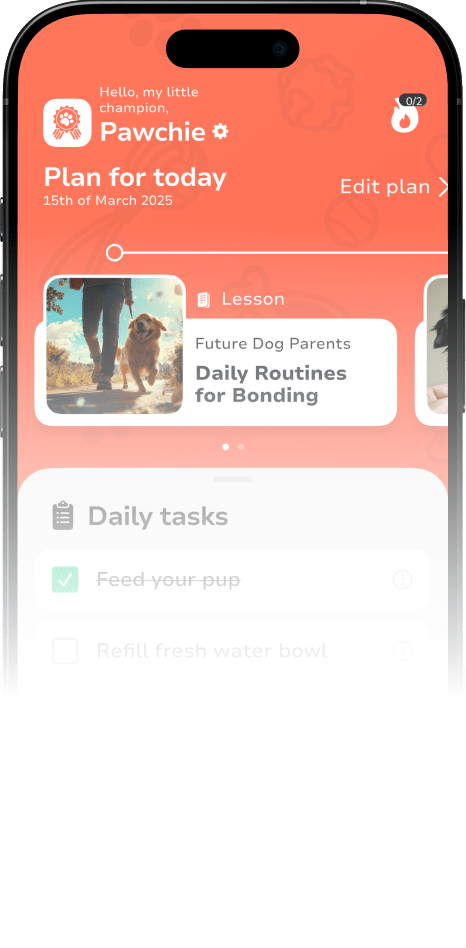Bringing home a puppy is both exciting and overwhelming. Your life is about to change drastically. One minute, you’re melting over those adorable puppy eyes, and the next, you’re wondering if you accidentally adopted a tiny tornado. (Spoiler: You did.) But don’t worry—raising a well-behaved pup isn’t rocket science. It’s all about consistency, patience, and a little bit of strategy. Let’s get into it.
Why Early Puppy Training Matters
Think of your puppy as a little sponge with no filter—absorbing everything around them, good or bad. The sooner you start training, the better the chances of shaping them into a well-mannered, confident companion. Early training is not really about commands; it builds trust, strengthens your bond, and helps your pup feel secure in their new environment.
Without guidance, puppies can pick up some not-so-cute habits—like excessive barking, chewing, or jumping on guests. Starting from day one sets the stage for positive behavior, making life easier for both of you in the long run. After all, a well-trained pup isn’t just obedient; they have a structured life and are a joy to be around.
Start with the Basics: Commands Every Puppy Should Know
Dogs aren’t born knowing what “sit” means—so, we’ve got to teach them. Start with basic commands like sit, stay, come, and leave it. Keep training sessions short and sweet (puppy attention spans are, well, short). Use treats, praise, and a happy voice to reinforce good behavior.
Potty Training
Ah, potty training—the ultimate test of patience. Here’s the deal: puppies don’t have great bladder control, so take them out frequently (every couple of hours, after naps, and right after meals). Choose a designated potty spot and praise them when they go. Accidents will happen—just clean up without making a fuss. Harsh scolding will only make them sneak off to do their business in secret or even worse—connect potty time with stress.
Midjourney
Socialization
Want a well-adjusted, friendly dog? Socialization is key. Expose your puppy to different people, sounds, and environments while they’re young. Take them on car rides, introduce them to gentle dogs, and let them experience new places.
Biting & Chewing
Puppy teeth are like tiny daggers, and unfortunately, they love using them—on everything. When your pup nibbles on your hand, yelp like a littermate would and redirect them to a chew toy. Avoid rough play that encourages biting, and stock up on chew-approved toys to save your furniture (and fingers).
Border Collie puppy playing
Courtesy of Midjourney
The Magic of Routine & Positive Reinforcement
Dogs thrive on routine. Keep mealtimes, potty breaks, and bedtime consistent. Of course, your life shouldn’t revolve around your pup, but a schedule will help. Reward the good stuff (sitting politely, waiting patiently) with treats, toys, and praise. Ignore or redirect the bad behaviors instead of punishing—puppies don’t know what’s “wrong” unless we show them the “right.”
At PawChamp, we know that no two puppies are the same—that’s why our training programs are designed to fit your pup’s age, breed, and personality. Our expert-led platform walks you through the essentials, so you can build a strong foundation from day one.
Train Your Puppy the Right Way with PawChamp
Here’s what you get with PawChamp:
Training that fits your puppy—personalized learning plans tailored to their unique needs and development.
Anytime, anywhere access—24/7 on-demand video tutorials, articles, and step-by-step guides.
Positive reinforcement methods—reward-based training that makes learning fun, effective, and stress-free.
Expert support on demand— Access professional trainers and behaviorists whenever you need advice, 24/7 and unlimited.
Final Thoughts
Raising a puppy isn’t just about obedience—it’s about building a strong, trusting bond. Be patient, stay consistent, and enjoy the journey. One day, you’ll look back and miss the chaos (yes, really). Now go forth and puppy parent like a pro! Need expert guidance? Check out PawChamp’s video training courses for step-by-step support!

